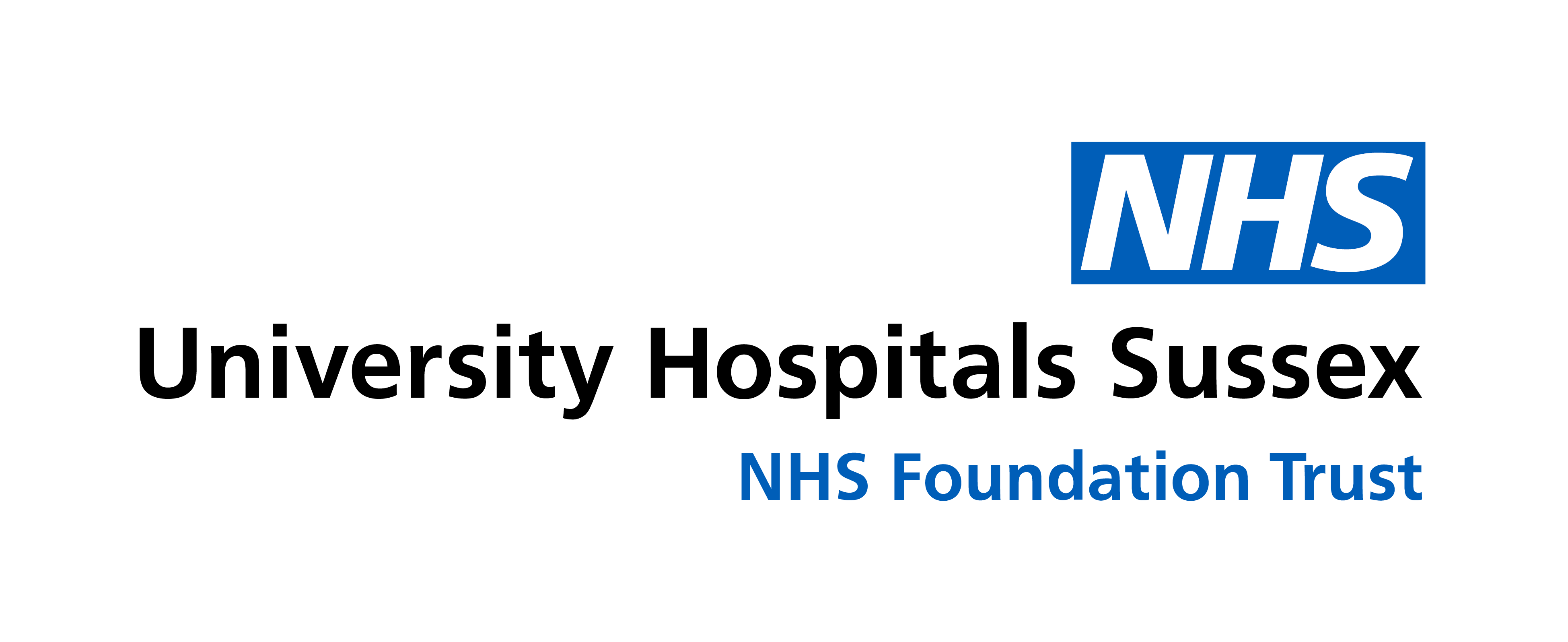Today’s Open Access Week post is from Clinical Librarian Igor Brbre on tracing freely available research on the internet.
Unpaywall started in 2011 at an open-science workshop, where three information science specialists were helping academics discover how much of their work is freely available on the internet.
In 2016 a free service was launched that locates the open-access (OA) versions of othervise paywalled articles, that are legally archived and available on other websites and repositories (hence the un-pay-wall).
Research carried out by the Unpaywall founders has shown that nearly half of the recently published articles are available in OA but the problem is finding it. Unpaywall ties together the loose ends and supplies the content where available.
Powering its service is a database of links to OA resources. Where it exists, Unpaywall will find OA content from open indexes such as Crossref and DOAJ. But the major share of OA content is derived from a ‘long tail’ of over 50,000 unique online sources, including Gold OA journals, hybrid journals and university, institutional and disciplinary repositories.
In 2017 a free web browser plug-in was released for Firefox and Chrome, that links users to the free full text of an article, and does so successfully nearly half of the time.
Since then Unpayall has been integrated into databases such as Web of Science and Dimensions, Scopus integration is on its way and Elsevier is using it to enritch its offerings. University libraries are integrating it to supply freely available research papers from the institutional repositories from around the world.
In Healthacare Databases Advanced Search (HDAS) links to full text open access articles from the Unpaywall are given where available.
This post is part of our top-tips series to celebrate the Open Access week. Learn more at http://www.openaccessweek.org/

